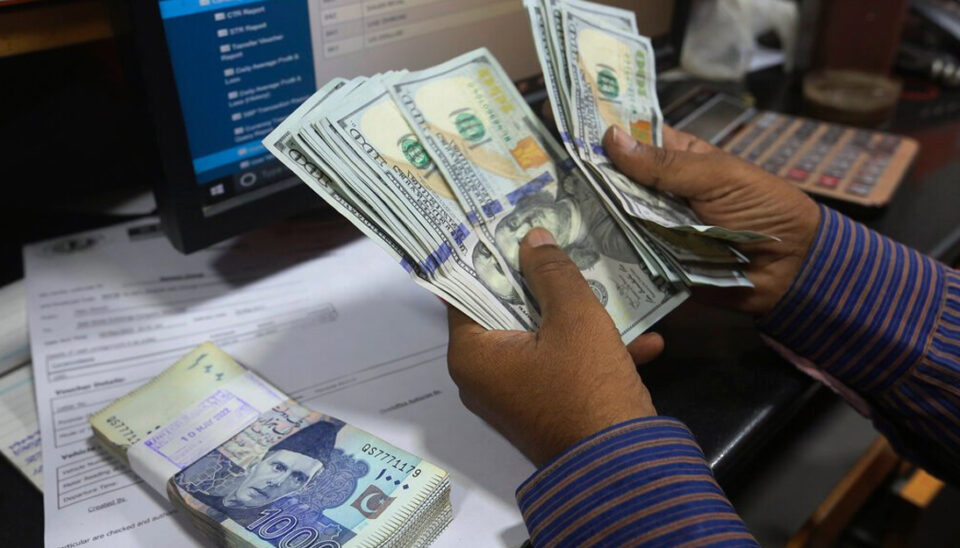Interest Rate Cut Likely as Inflation Drops in August, Say Analysts
KARACHI: The significant drop in inflation during August has sparked discussions around a possible interest rate reduction of up to 200 basis points, according to financial experts following the latest inflation report released on Monday.
The Consumer Price Index (CPI), a key measure of inflation, fell to 9.6% in August from 11.1% in July. This decline has prompted speculation that the State Bank of Pakistan (SBP) may consider lowering interest rates, aligning with the needs of the country’s economic stakeholders.
Samiullah Tariq, Head of Research and Development at Pakistan Kuwait Investment Company, anticipates a 150 basis points cut in the upcoming monetary policy. “Real interest rates are currently at 9.9%, which provides room for a rate reduction,” he said.
In its last monetary policy meeting on July 29, the SBP had already reduced the interest rate by 100 basis points to 19.5%. However, many in the trade and industrial sectors believe that this reduction is not enough to stimulate economic growth. They are advocating for a further decrease, aiming for a rate closer to 14%, arguing that high interest rates are discouraging private sector borrowing due to the associated costs. Some experts predict a rate cut of up to 200 basis points in the monetary policy meeting scheduled for September 12.
Tariq also highlighted that the yields on three-month treasury bills in the secondary market are around 18%, which is 1.5 percentage points below the current policy rate. “This suggests that the market is expecting at least a 1.5 percentage point reduction,” he noted.
Mohammad Sohail, CEO of Topline Research, is even more optimistic, forecasting a possible rate cut of up to 200 basis points in the next policy announcement. “Given the current inflation trends, we expect a reduction of between 100 and 200 basis points,” Sohail said. He added that the upcoming treasury bills auction would give further insight into market expectations regarding the rate cut.
However, Sohail also warned that sustaining this lower inflation trend will require a long-term agreement with the International Monetary Fund (IMF), strengthening foreign exchange reserves, and maintaining fiscal discipline. Pakistan is currently negotiating a 37-month loan agreement with the IMF worth $7 billion, but has faced challenges in boosting foreign exchange reserves to secure the deal.
Researchers have also noted that geopolitical tensions, including the conflict in Palestine, the war in Ukraine, and rising tensions with Iran, could lead to increased oil prices, potentially driving inflation higher due to the rising costs of petroleum products.
Tahir Abbas, Head of Research at Arif Habib Limited, believes the SBP may take a cautious approach in its next monetary policy. “We expect the SBP to cut interest rates by 150 basis points in the upcoming policy meeting on September 12,” Abbas said. Despite the positive real interest rates, “the SBP is likely to proceed cautiously with monetary easing,” he added.
Independent economists caution that a cautious approach may not be enough to boost economic growth, which is projected to remain between 2.5% and 3.5%. This growth rate is unlikely to generate sufficient jobs for the large number of young Pakistanis currently seeking opportunities abroad.

